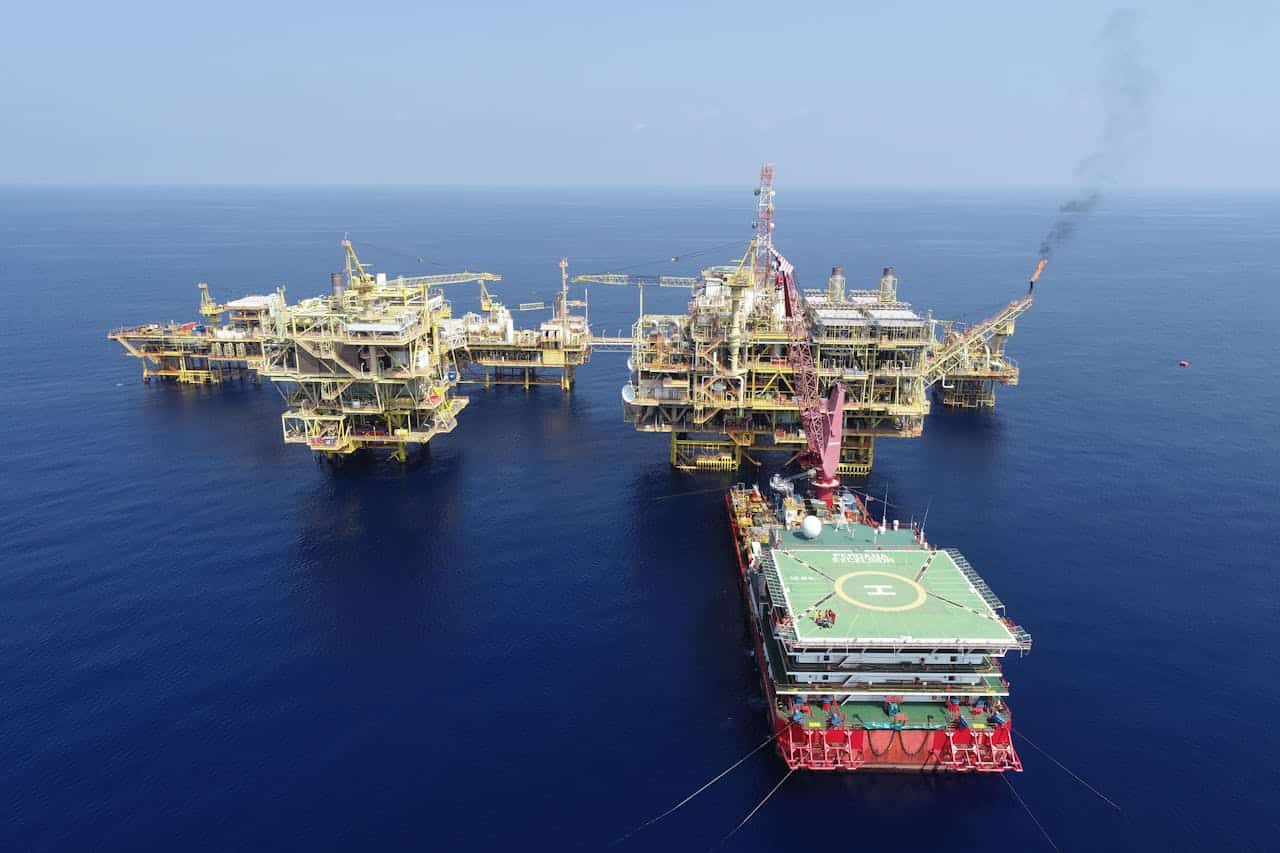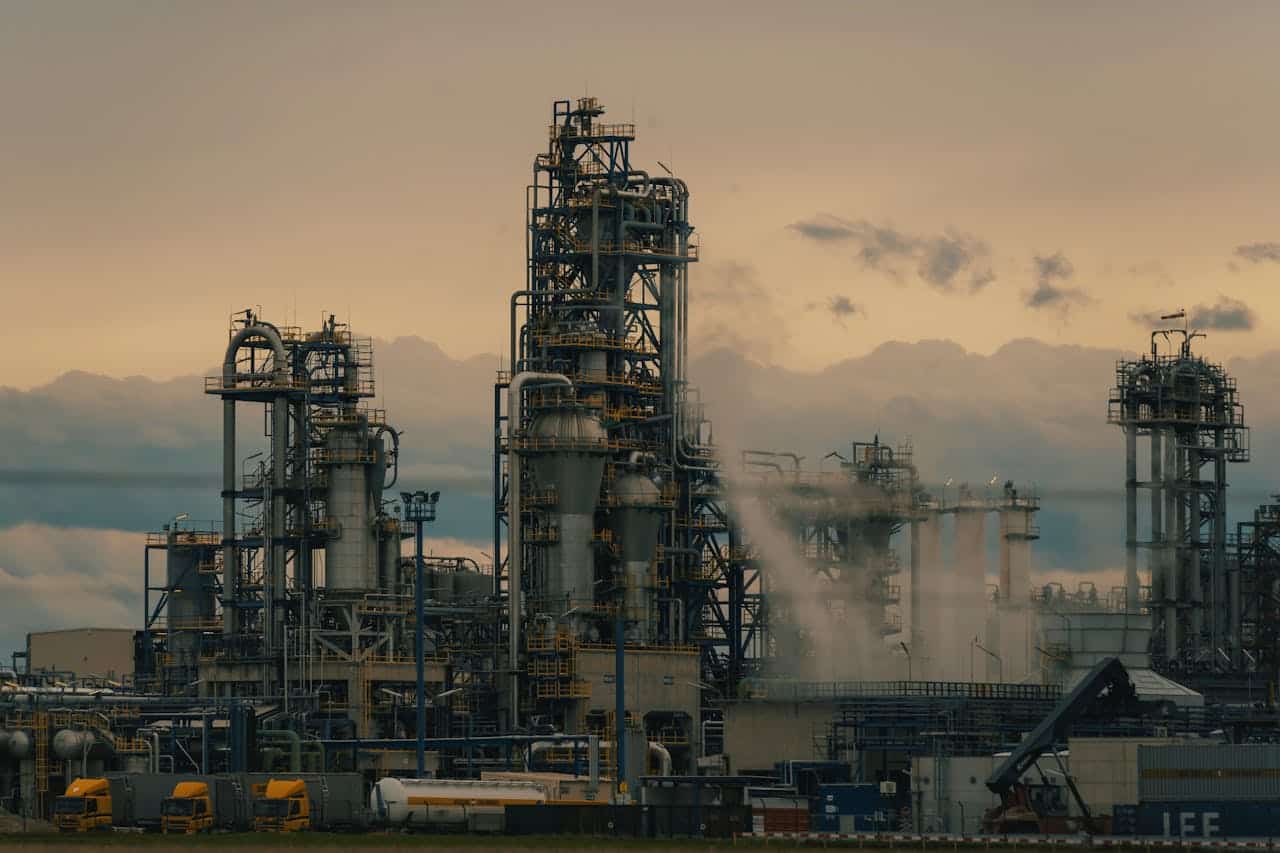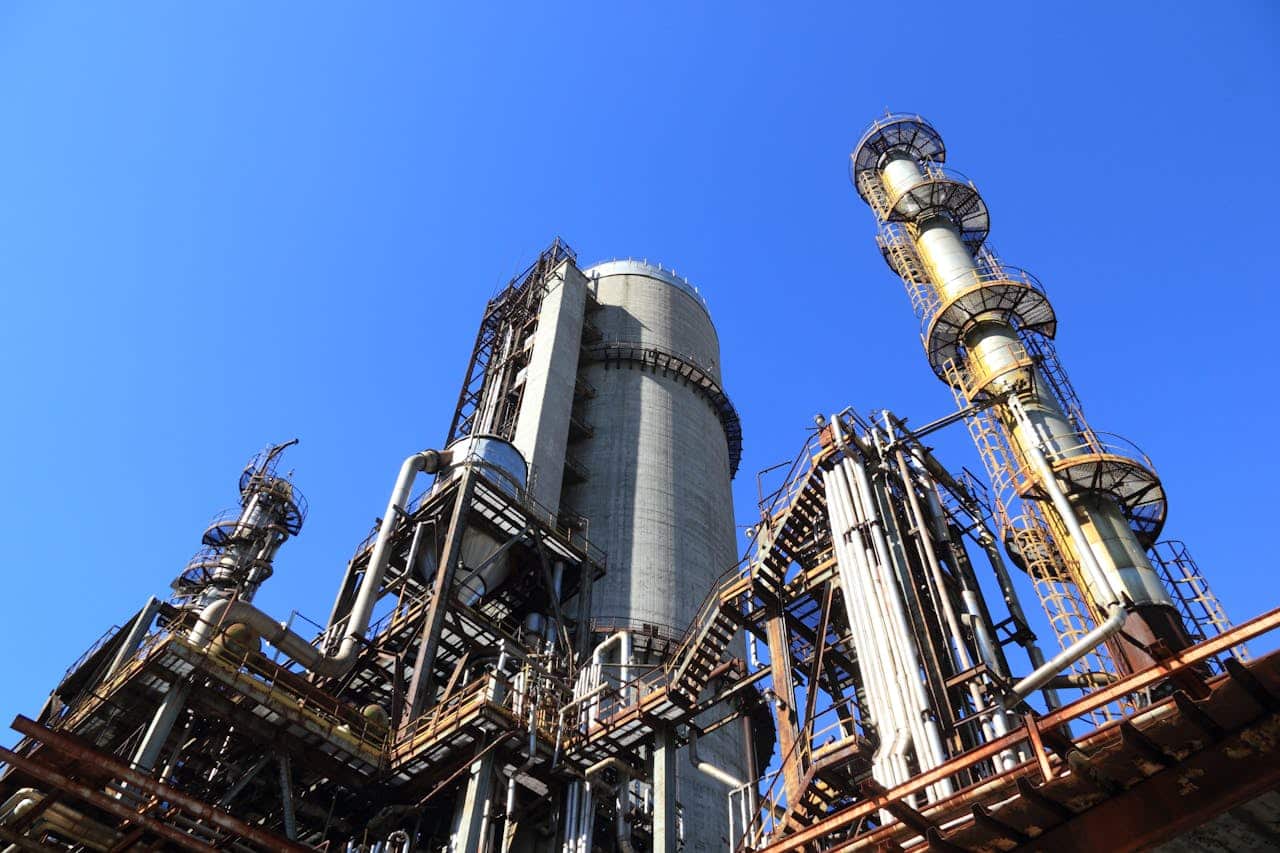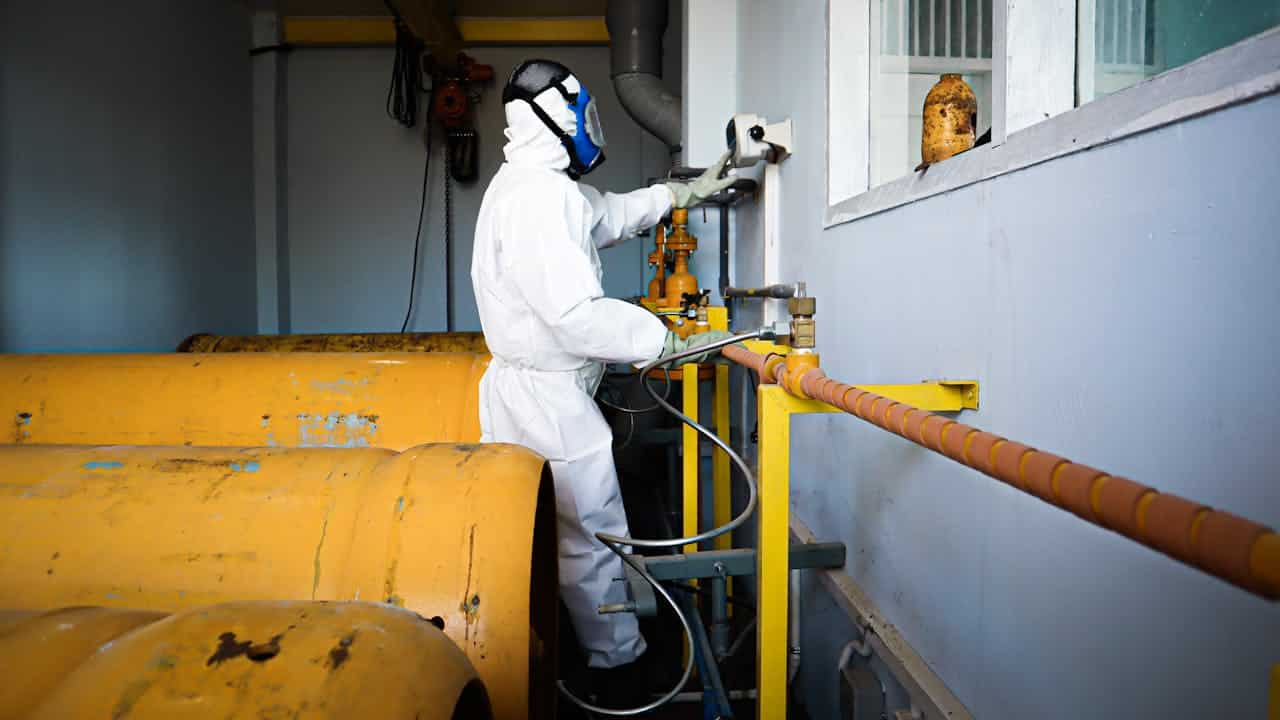Petroleum Engineering: Applied Drilling and Reservoir Management
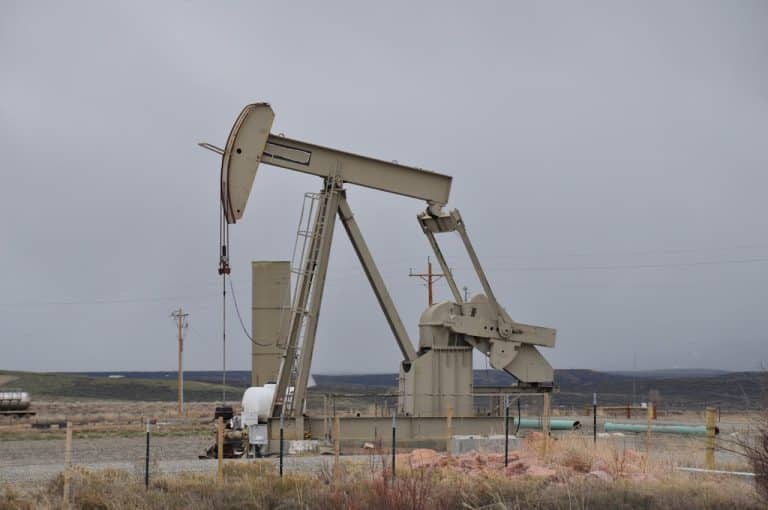
| No upcoming Schedule available for this course. | Register |
|---|---|
| Take control of your schedule! Choose your preferred dates and locations. click the register button. | Register |
| No upcoming Schedule available for this course. | Register |
|---|---|
| Take control of your schedule! Choose your preferred dates and locations. click the register button. | Register |
Did you know that in 2023, the upstream oil and gas sector staged a big rebound with a 7% rise in investments above USD 500 billion, reaching 2019 levels? This compelling statistic underscores the critical importance of advanced drilling and reservoir management skills.
Course Overview
The Petroleum Engineering Applied Drilling and Reservoir Management course is meticulously designed to equip professionals with cutting-edge knowledge in reservoir engineering, drilling engineering, and production engineering. This comprehensive programme focuses on applied drilling techniques, reservoir management, and advanced reservoir engineering to ensure participants can effectively navigate the complex landscape of petroleum operations.
Why Select This Training Course?
Selecting this Petroleum Engineering Course offers numerous advantages for professionals involved in reservoir engineering principles and shale reservoir engineering. Participants will gain advanced knowledge of wellbore stability, drilling fluid optimization, and formation evaluation. The course provides hands-on experience with enhanced oil recovery (EOR) and reservoir simulation, enabling attendees to optimise their operations effectively.
For organisations, investing in this training enhances overall operational efficiency and strengthens field development planning. By ensuring that personnel are well-trained in hydrocarbon recovery techniques and directional drilling, organisations not only protect their assets but also build sustainable practices. Research shows that companies implementing comprehensive drilling technologies can significantly improve performance. For instance, horizontal drilling techniques have helped companies reach previously unreachable reserves and produce more oil faster at a reduced cost.
Individuals who complete this course will benefit from enhanced career prospects as they become more valuable assets in their respective fields. The skills acquired through this training can lead to professional growth and increased responsibilities within their organisations. Studies from Indonesian drilling operations demonstrate how proper well planning and casing design significantly improve operational safety and efficiency.
Transform your petroleum engineering capabilities – Join our next session!
Who is this Training Course for?
This course is suitable for:
- Drilling and reservoir engineers looking to deepen their expertise.
- Petroleum engineers transitioning to specialisation roles.
- Operations managers in oil and gas fields.
- Geoscientists involved in reservoir analysis.
- Project managers overseeing drilling or reservoir projects.
What are the Training Goals?
The objectives of this training course are to enable professionals:
- To master advanced drilling techniques and reservoir management practices.
- To leverage technology for improved drilling efficiency and reservoir recovery.
- To understand and apply data analytics in drilling and reservoir operations.
- To ensure compliance with safety, environmental, and regulatory standards.
How will this Training Course be Presented?
The Petroleum Engineering Course employs a comprehensive and innovative approach to ensure maximum knowledge retention and skill development. Expert-led instruction from seasoned industry professionals forms the core of the course, providing up-to-date insights into modern drilling and reservoir management techniques.
Our dynamic training methodology includes:
- Engaging interactive sessions with industry experts, offering direct insights into current practices
- Immersive workshops featuring real-world drilling and reservoir scenarios
- In-depth demonstrations of cutting-edge petroleum engineering technologies
- Thought-provoking collaborative projects tackling complex operational challenges
- Comprehensive access to extensive digital resources covering industry best practices
Ready to master petroleum engineering? Secure your spot today!
Course Syllabus
Module 1: Advanced Drilling Technologies
- Drilling fluids engineering for performance and safety.
- Real-time drilling data analysis for decision-making.
- Automation and robotics in drilling operations.
- Drilling optimisation through machine learning.
- Wellbore stability analysis and management.
- Drilling in unconventional plays like shale and tight gas.
- Handling drilling risks and uncertainties.
- Innovations in drill bit technology.
- Safety systems in drilling operations.
Module 2: Drilling Operations Management
- Environmental management during drilling.
- Drilling data management for operational insights.
- Wellbore trajectory optimisation.
- Non-productive time (NPT) reduction strategies.
- Drilling in high-pressure, high-temperature environments.
- Legal and regulatory compliance in drilling.
Module 3: Reservoir Characterization
- Core analysis techniques for understanding reservoirs.
- Fluid property analysis in reservoir management.
- Integration of well log data for reservoir models.
- Uncertainty quantification in reservoir characterisation.
- Reservoir zonation and compartmentalisation.
- Techniques for identifying reservoir connectivity.
- Application of machine learning in reservoir characterisation.
Module 4: Reservoir Simulation and Performance
- History matching for model validation.
- Predictive simulation for production strategies.
- Simulation of various recovery mechanisms.
- Enhanced oil recovery (EOR) simulation scenarios.
- Monitoring and updating reservoir models.
- Economic analysis using reservoir simulation data.
- Simulation of water and gas injection strategies.
- Impact of geological heterogeneity on performance.
- Simulation for field development planning.
- Managing reservoir pressure and fluid contacts.
Module 5: Well Completion and Stimulation
- Well-completion design for optimal production.
- Selection of completion equipment for various reservoir types.
- Hydraulic fracturing techniques for unconventional reservoirs.
- Managing well integrity in completions.
- Production logging for performance assessment.
- Well-stimulation monitoring and optimisation.
- Environmental considerations in completion practices.
Module 6: Data Management and Analytics in Drilling and Reservoir
- Big Data in Petroleum Operations.
- Real-time data acquisition and management.
- Use of IoT for drilling and reservoir surveillance.
- Data quality assurance for analytics.
- Machine learning for predictive analytics in operations.
- Data visualisation for operational decision-making.
- Integration of drilling and reservoir data for insights.
- Predictive maintenance through data analysis.
- Cybersecurity in oil and gas data management.
- Digital twins for operational simulations.
- Data-driven reservoir management strategies.
- Performance benchmarking using data analytics.
Module 7: Reservoir Management Strategies
- Reservoir surveillance techniques.
- Pressure maintenance and water injection management.
- Secondary and tertiary recovery methods.
- Production optimisation through reservoir management.
- Management of reservoir depletion strategies.
- Gas cap management for oil recovery.
- Field-wide reservoir management practices.
- Economic considerations in reservoir management.
- Impact of reservoir management on field life.
Module 8: Drilling and Reservoir Safety
- Safety management systems in drilling and reservoir activities.
- Hazard identification in complex drilling scenarios.
- Risk assessment methodologies for reservoir operations.
- Emergency response planning for drilling incidents.
- Safety in high-risk reservoir environments.
- Compliance with OSHA, API, and other safety standards.
- Human factors in drilling and reservoir operations.
- Safety training for drilling and reservoir teams.
- Incident investigation and learning.
- Noise, vibration, and chemical exposure control.
- Fire and explosion prevention strategies.
- Continuous safety improvement in operations.
Training Impact
Research indicates that organisations implementing structured petroleum engineering training programmes have demonstrated measurable benefits in both operational efficiency and technical competency. Case studies highlight the following comprehensive improvements:
From Veriforce’s drilling technology implementation:
- Significant increase in recoverable reserves through horizontal drilling
- Enhanced well productivity and reduced operational costs
- Improved safety metrics across drilling operations
- Strengthened operational efficiency through advanced technologies
Additional benefits include:
- Significant improvement in reservoir management strategies
- Enhanced decision-making capabilities in complex operations
- Improved ability to handle challenging geological formations
- Strengthened well planning and design capabilities
- Increased operational resilience through comprehensive strategies
Transform your career in petroleum engineering – Enrol now!

